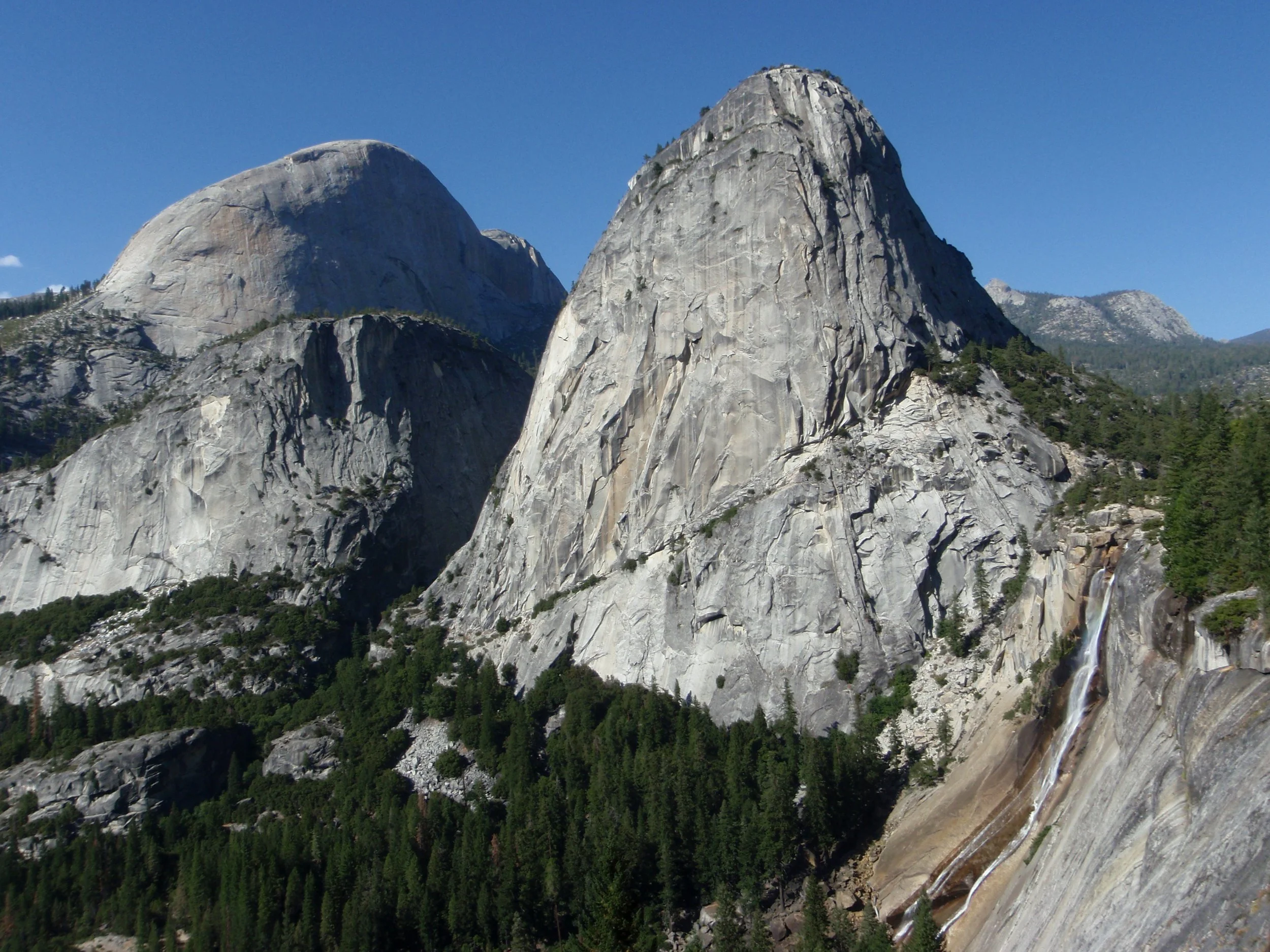
WEN creates and empowers a community of women working to protect the environment.
Welcome
Welcome to the Women’s Environmental Network (WEN). For over two decades, WEN has created a community of women in the San Francisco Bay Area to enhance stewardship of the environment through networking, career building and leadership development. WEN engages more than 2,000 community members whose interests range from environmental education and conservation to public policy and renewable energy and whose professions span the nonprofit, academic, public, and private sectors.
Get Involved
WEN organizes regular events, including networking happy hours, career building workshops, mentorship panels, book groups, hikes, and other social meet-ups with an emphasis on protecting the environment.
Newsletter
We publish newsletters regularly with spotlights on WEN members, announcements for upcoming events, and alerts to our latest blog posts. Subscribe to the WEN newsletter to join our community.
About WEN
For over two decades, the Women’s Environmental Network (WEN) has created a community of women, female-identifying individuals, and non-binary folks in the San Francisco Bay Area to enhance stewardship of the environment through networking, career building and leadership development.



